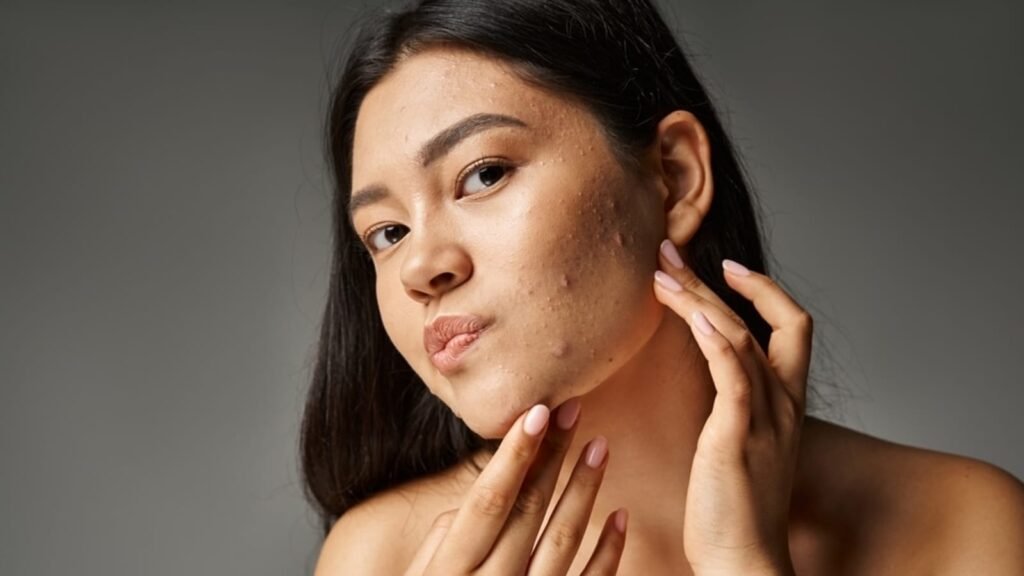Understanding How Skin Conditions Can Reflect Your Internal Health
Your skin is more than just a protective layer—it serves as a mirror to your internal health. From sudden flare-ups to dullness, various skin issues can signal underlying health concerns. Recognizing these connections is crucial for taking proactive steps toward overall well-being. Dermatologists emphasize that skin changes can provide early warnings about internal imbalances.
5 Common Skin Issues and Their Health Implications
1. Dull Skin
Sallow, pale skin may indicate dehydration. (Shutterstock)
Dull skin often results from dehydration rather than dryness. This is especially true for individuals with oily skin. Lack of adequate sleep can also decrease circulation, contributing to a fatigued appearance.
- Recommendations:
- Increase water intake to hydrate the skin.
- Establish good sleep hygiene.
- Consider using hyaluronic acid-based products for internal hydration.
2. Pigmentation Issues
Skin pigmentation disorders can arise from excessive sun exposure, hormonal changes, or inflammatory responses. These dark patches can be persistent and often require a combination of treatments.
- Clinical Treatments:
- Targeted laser therapies.
- Topical depigmentation agents.
These methods can tackle deeper issues like inflammation and hormonal imbalance while gradually enhancing skin tone.
3. Sensitive, Acne-Prone Skin

Stress can exacerbate acne breakouts. (Shutterstock)
Stress activates the body’s hormone production, leading to inflammation and various skin sensitivities. The cyclical relationship between stress and skin health can initiate a range of issues, including:
- Delayed wound healing
- Increased sensitivity
- Acne flare-ups
Understanding this relationship is key for managing both mental well-being and skin health.
4. Asymmetry in Facial Features
Subtle changes in facial symmetry can serve as early indicators of neuromuscular imbalances or tissue fatigue.
- Signs to Monitor:
- Uneven brow lifts.
- Deeper folds on one side of the face.
These aren’t just cosmetic concerns; they can reflect deeper health issues. Treatments like neuromodulators can help correct these imbalances.
5. Fine Lines and Wrinkles

Fine lines indicate loss of collagen. (Shutterstock)
The appearance of fine lines is often the first visible sign of skin aging due to collagen depletion. These lines can deepen over time with repeated facial expressions.
- Preventive Measures:
- Hyaluronic acid injectables.
- Collagen-inducing treatments.
Implementing these solutions can help preserve the skin’s natural rhythm and fend off the visible signs of aging.
Conclusion
Your skin serves as a vital diagnostic tool, revealing clues about your overall health. It’s essential to listen to these signals and consult with professionals when needed. By understanding the intricacies of skin conditions, you can take informed steps that contribute to both your skin’s appearance and your internal health.
Additional Resources
Note: This article is for informational purposes only and should not replace professional medical advice. Always consult your healthcare provider with any questions regarding your health.


